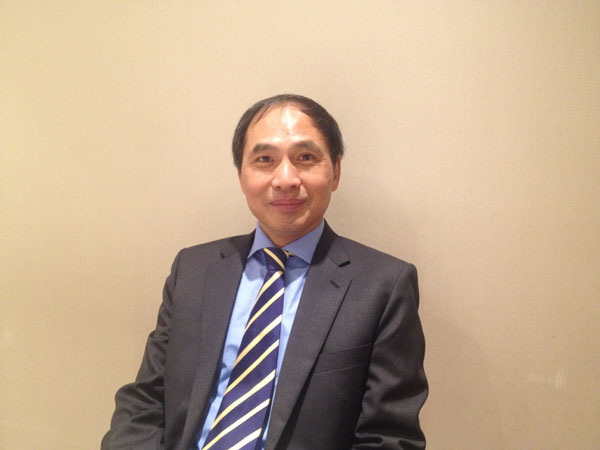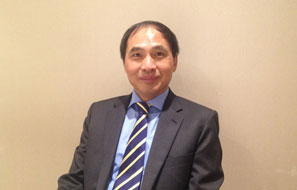Lawyers should not break law by stirring up trouble
By Guo Kai and Wu Yan (chinadaily.com.cn) Updated: 2016-08-08 07:29
 |
|
Zheng Yongnian, director of the East Asian Institute at the National University of Singapore.[Photo provided to chinadaily.com.cn] |
Attorneys should not use cases to violate country's laws, or will be penalized in any country, a leading China studies expert said on Friday.
"Lawyers have lost their status by stirring up social activism," Zheng Yongnian, director of the East Asian Institute at the National University of Singapore, told China Daily, adding that when these activities violate the country's laws, the government will act against them, regardless of their status, he said.
Zheng's comments come after Zhou Shifeng, a lawyer formerly managing the Fengrui Law Firm, was convicted of subverting state power and sentenced to seven years in prison on Thursday.
According to a statement from Tianjin No 2 Intermediate People's Court, Zhou, 52, had long been influenced by anti-China forces and was plotting to overturn the country's political system, especially after 2011, when he met Hu Shigen, the leader of an illegal organization.
Zhou used his law firm as a platform to manipulate public opinion by encouraging like-minded attorneys and residents to make noise over sensitive issues, the verdict said.
"Lawyers could take part in political activities, as they do in the US or elsewhere, but they should not change the cases to political affairs, especially those affairs that violate laws," Zheng said.
Zheng said these lawyers were not carrying out activities for the country and the society, but were doing them out of private interests.
Zhou said activities such as disrupting judicial orders caught the interests of some overseas forces.
"They've been actively wooing me, and want to use us to challenge court hearings and China's entire judicial system, making trouble for the Chinese government," he confessed, adding that these outside forces want to overturn the leadership of the Communist Party of China.
When foreign influences were behind the activities attacking a country's political and judicial system, causing chaos and social instability, any country would not sit idly, Zheng said. “The US and Singapore will not do so either.”
Foreign media and governments have double standards on Zhou's case, Zheng said. They do not allow these kinds of activities to happen in their countries, but they support such ones to overturn the ruling of Communist Party of China.
Zheng warned those who want to change China's political system of color revolutions. "What the consequence of color revolutions will be? Look at what happened in the Middle East, North Africa and Central Asia."
Zheng said that what happened in those regions did not really represent people's interests, but the opposite.
Chinese government held a public trial on Zhou's case, which shows the country's progress in the rule of law governance, Zheng said.
Zheng also suggested that China should mull and improve regulations for judicial system.
"China's some regulations are too abstract, macroscopic and nonspecific," Zheng said, adding that "China should define what is rule of law and establish its own discourse.”
In Singapore and Western countries, associations of lawyers have detailed regulations to ban lawyers to take illegal ways to achieve their purposes.
Learning from previous lessons, he suggested that China needs to know how to improve its governance under the guidance of rule of law, how to make people understand rule of law, and most importantly, how to educate lawyers and judges of rule of law.
"If lawyers and judges, who should know law best, do not understand the spirit of law and abide by law, the whole society will not obey laws and lead to a chaotic state," Zheng said.
Lawyers have their advantages in interpreting laws and should play a positive role in achieving the rule of law, he said.
"Zhou and other lawyers know law but still break it," Zheng said, adding that they can only attract people knowing little of law and discontent with the government and society, but can't confuse those who have basic law knowledge.
Western countries take several centuries to establish rule of law and China has started to do it for decades. "Rome is not built in one day, and so is rule of law,” Zheng said.
- Subversion of State: 'There's no place for outlaws'
- Lawyers should abide by law: Expert
- China, Russia eye crossings on border island
- Desert sands working magic on aches, pains
- China convicts four for state power subversion
- China launches first mobile telecom satellite
- Regulation targets root of terrorism
- Activist accused of subversion pleads guilty
- Health certificate steps reduced for foreigners
- Guangdong police bust illegal fund-raising gang










